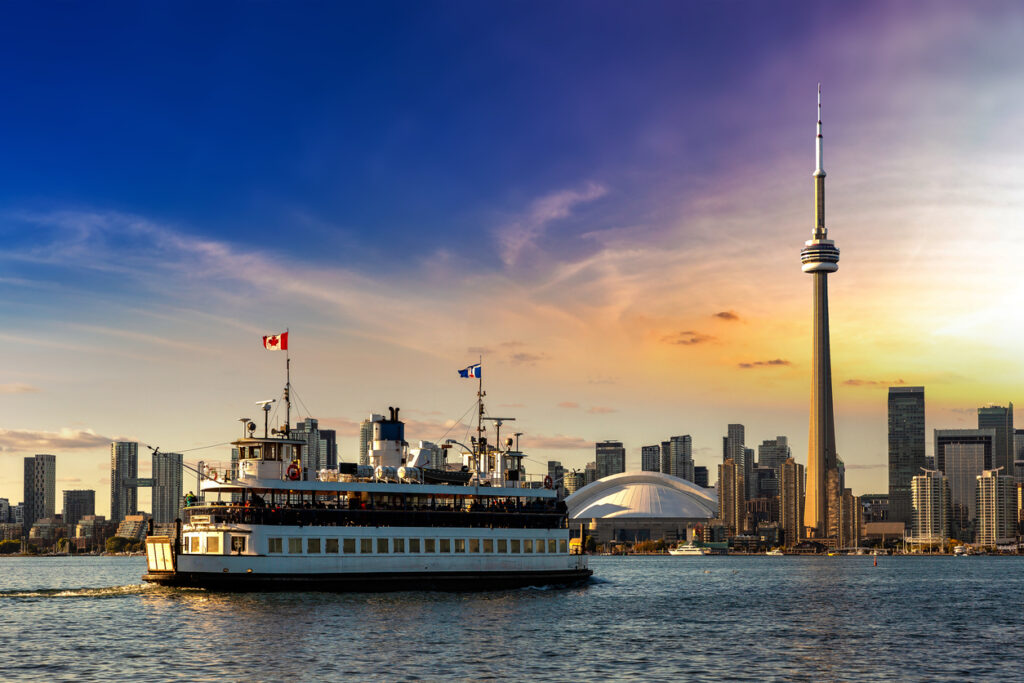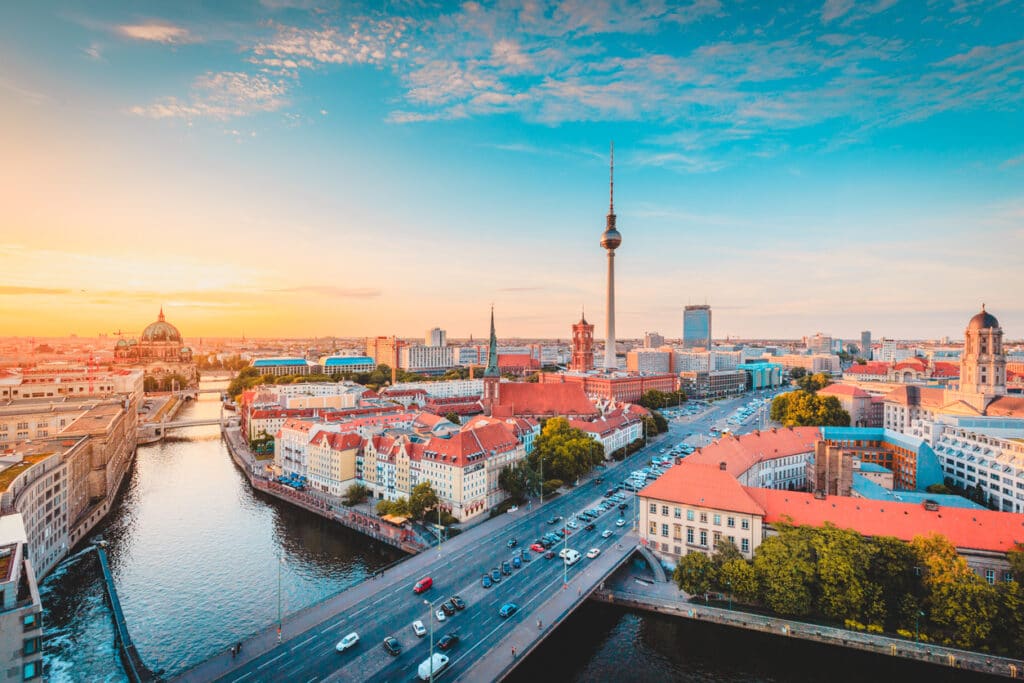Moving to Canada as an American expat family brings a world of new opportunities—and a few big questions, too. One of the most important is: how do you find the best schools in Canada for your children? Whether you’re seeking a smooth academic transition, a nurturing environment, or a pathway to top universities, understanding your options is key.
In this guide, we’ll walk you through the Canadian education system, compare school types, and highlight the best provinces and cities for expat families. Let’s make your family’s move a confident, informed step forward.
Understanding the Canadian education system vs. U.S. schools
Before diving into the best schools in Canada, it’s helpful to understand how the Canadian education system compares to what you may be used to in the U.S. While both countries value high-quality education, there are some notable differences:
- Structure: Canadian education is managed at the provincial level, so curriculum and grade divisions can vary. Generally, elementary school runs from Kindergarten (age 5) to Grade 6 or 8, followed by secondary (high) school through Grade 12.
- Curriculum: Canadian schools emphasize a broad, balanced curriculum, with a strong focus on literacy, math, science, and the arts. French language instruction is common, especially in provinces like Quebec and New Brunswick.
- Assessment: Standardized testing is less frequent and less high-stakes than in many U.S. states. Report cards often include detailed teacher comments.
- School year: The academic year typically runs from September to June, similar to most U.S. schools.
For U.S. expat families: The transition is usually smooth, but it’s wise to check how grade levels align and whether your child will need to catch up on any local requirements (like French or Canadian history).
Public vs. private vs. international school options for American families
When searching for the best schools in Canada, you’ll find three main options:
Public schools
- Cost: Free for residents and most work permit holders.
- Quality: Canada’s public schools are highly regarded globally, with strong academic outcomes and inclusive environments.
- Language: Most offer instruction in English or French, depending on the region. Some have French immersion or bilingual programs.
- Integration: Public schools are a great way for U.S. kids to make local friends and adapt to Canadian culture.
Private schools
- Cost: Tuition-based, with fees ranging from CAD $10,000 to $40,000+ per year.
- Benefits: Smaller class sizes, specialized programs (like STEM or the arts), and often more extracurricular options.
- Reputation: Many private schools in Canada have long histories and strong university placement records.
International schools
- Curriculum: Offer globally recognized programs like the International Baccalaureate (IB) or U.S.-based curricula.
- Community: Attract students from expat and diplomatic families, providing a familiar environment for U.S. kids.
- Language: Instruction is typically in English, with additional language options.
- Cost: Tuition is similar to private schools, but some employers may offer subsidies.
Best provinces and cities for U.S. expat families with school-age children
Canada is vast, and the best schools in Canada are often found in cities with large, diverse populations and strong expat communities. Here are some top choices:
Ontario (Toronto, Ottawa)
- Toronto: Home to a wide range of public, private, and international schools. The Toronto District School Board is the largest in Canada, offering extensive programs and support for newcomers.
- Ottawa: Canada’s capital offers excellent bilingual education and a welcoming environment for diplomatic and expat families.
British Columbia (Vancouver, Victoria)
- Vancouver: Known for its high academic standards, multicultural community, and beautiful surroundings. The city boasts top-ranked public and private schools, plus several international options.
- Victoria: Offers a smaller-city feel with excellent schools and a strong sense of community.
Alberta (Calgary, Edmonton)
Both cities have strong public school systems, a range of private options, and growing international communities.
Quebec (Montreal)
Unique for its French and English school boards, plus a vibrant international school scene. Great for families seeking bilingual education.
Ready to make your move? Get expert guidance for a smooth transition
Choosing the best schools in Canada is just one part of your family’s expat journey. Navigating cross-border taxes is another crucial step—and you don’t have to do it alone. Our team of U.S. expat tax experts is here to help you settle in with confidence, so you can focus on what matters most: your family’s future.
Frequently Asked Questions
-
How do I find the best schools in Canada for my American child?
Start by researching public, private, and international schools in your target city. Consider your child’s learning style, language needs, and long-term goals. Connecting with local expat groups can provide valuable insights.
-
Will my child need to speak French to attend the best schools in Canada?
Not necessarily. While French is important in Quebec and some bilingual programs, most provinces offer excellent English-language schools. French immersion is optional but can be a great opportunity.
-
Are Canadian school grades the same as in the U.S.?
Generally, yes, but there can be slight differences in grade divisions and curriculum. It’s wise to check with your chosen school about placement and any required assessments.
-
Can my child transfer back to a U.S. school or university after studying in Canada?
Absolutely. Canadian schools are well-respected, and most offer transcripts and support for students transitioning to U.S. institutions.
-
What are the admission requirements for the best schools in Canada?
Public schools usually require proof of residency. Private and international schools may have entrance exams, interviews, or application essays. Early application is recommended, especially for popular schools.

 Connect on LinkedIn
Connect on LinkedIn

